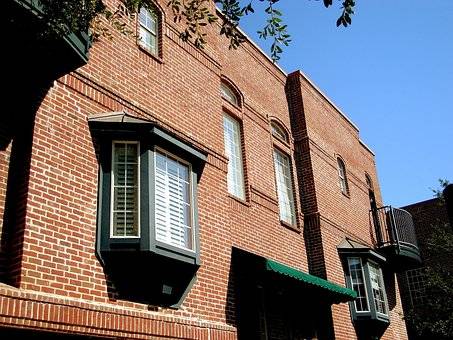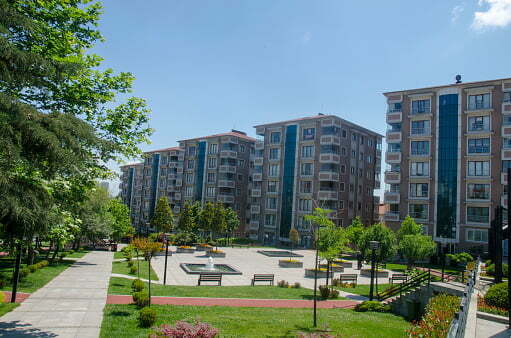How to Sell a Pre-Construction Condo
How to sell pre-construction condo It is the obligation of the original buyer to abide by the conditions of the Purchase and Sale Agreement. At the conclusion of a pre-construction assignment sale, the new buyer takes over the obligations. Due to the complexity involved, the process must be closely monitored till completion. For instance, an individual is trying to unload the contract he signed three years ago for a one-bedroom condo in a downtown Toronto building that is nearly ready for occupancy. He decides to consult with a real estate agent who specialises in pre-construction assignment sales as well as a pre-construction attorney who has experience with assignment sales so that he may fully understand his legal obligations before, during, and after the transaction. The concerned person should check with the developer and his purchase and sale agreement before advertising the contract for sale. Next, he must follow the specific guidelines his developer has set down in the contract for assignment sales. His developer has specified in the contract that he must pay the developer’s administrative and/or legal fees if he assigns the pre-construction contract for the unit in dispute. Finding a buyer for the contract is now his responsibility as well. That individual further plans to get the sale advertised on venues where interested parties congregate by engaging the aid of a real estate agent who specialises in pre-construction assignment sales. The seller’s continued participation is essential because he is the one who decides on the selling price (and whether or not he is open to bargaining) and who must approve the final sale price. The person will no longer be the owner of the contract for the unit once the pre-construction assignment sale is finalised and the contract is passed to the new buyer. He is no longer entitled to any of the benefits promised under the contract or the use of the unit in question. The new owner is responsible for all fees associated with the pre-occupancy, closing, and mortgage. However, he needs to be wary because he might be held responsible for the new home’s costs and obligations if the new buyer defaults on the contract. Typically, the individual will collect his earnings once the closing has been completed and the new buyer has obtained the title to the property. Seller’s rights and duties are a significant factor to consider when selling an assignment during pre-construction.
How to Sell a Pre-Construction Condo Read More »



